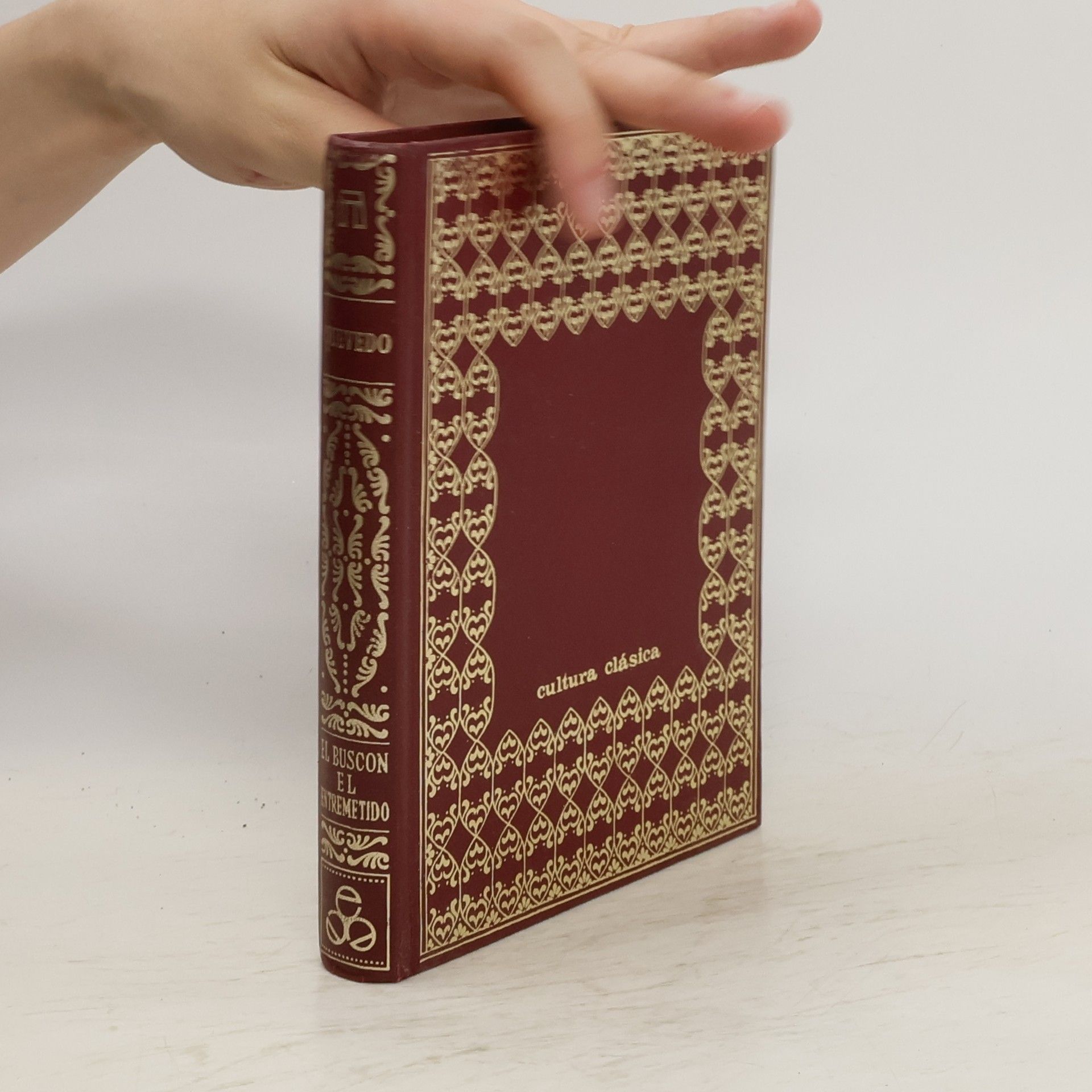Francisco de Quevedo, El Buscón. La Vie de l’aventurier Don Pablos de SégovieTraduction de Rétif de la Bretonne« Je suis parvenu à prendre la résolution d’être vaurien avec les vauriens, et de l’être même plus que tous les autres, s’il m’était possible. Je ne sais si j’ai réussi, mais je puis protester que je n’ai rien épargné pour cela de tout ce qui a dépendu de moi. »Francisco de Quevedo, contemporain de Cervantès, donne avec El Buscón un des chefs-d’œuvre du roman picaresque.Avec la même désinvolture, Don Pablos devient valet, étudiant, voleur, mendiant, soudard, chasseur d’héritage ou homme de théâtre. D’escroqueries hasardeuses en combats suicidaires, il n’emprunte jamais le droit chemin, dont le préserve une ironie corrosive.
Francisco de Quevedo Livres
Quevedo fut un noble, un politicien et un écrivain de l'Âge d'or espagnol. Son style, caractérisé par le conceptisme, présente un rythme rapide, une franchise, un vocabulaire simple, des métaphores spirituelles et des jeux de mots. Il a exploré les profondeurs de la nature humaine avec un esprit vif et de l'ironie. Son œuvre reflète ses observations perspicaces et sa maîtrise de la langue.

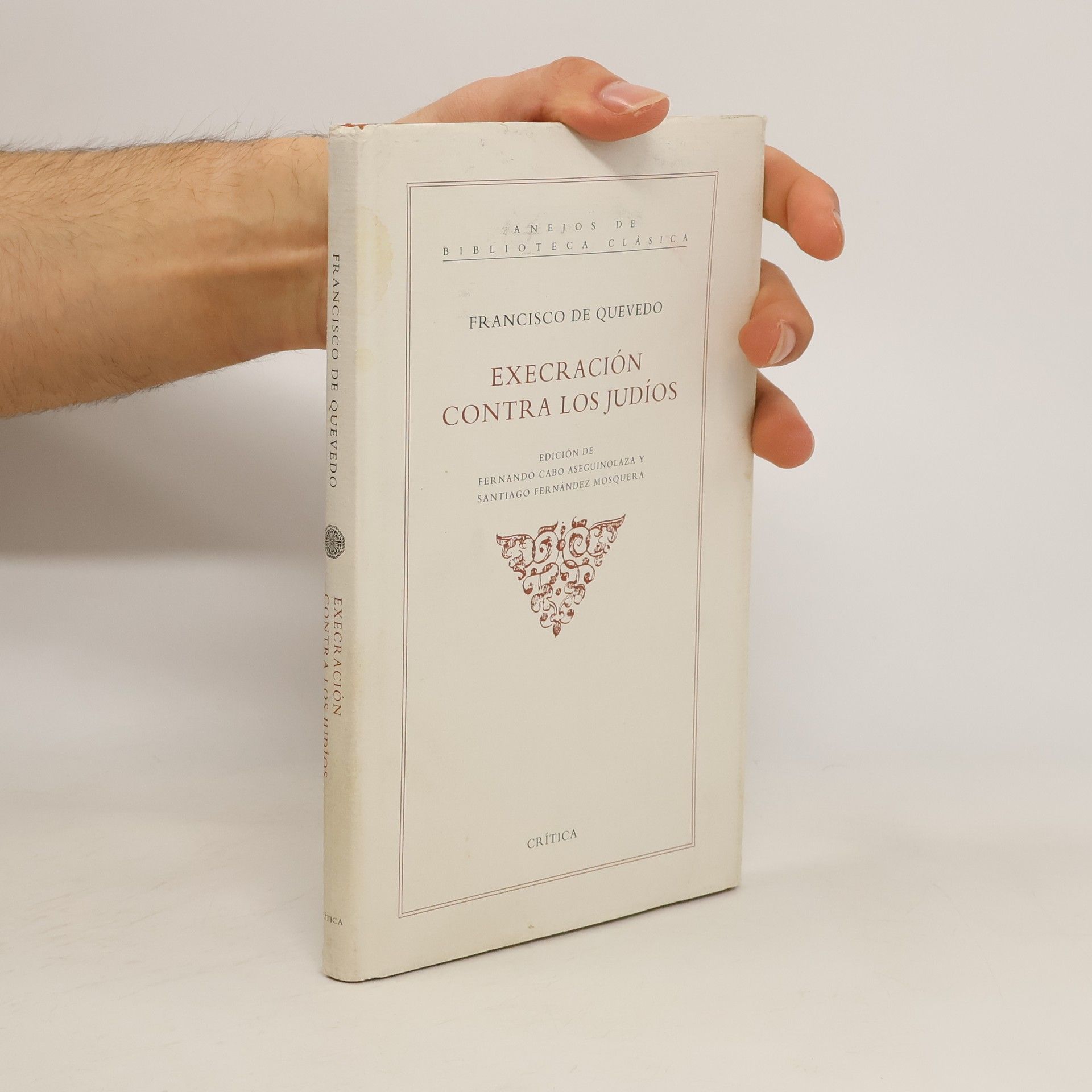

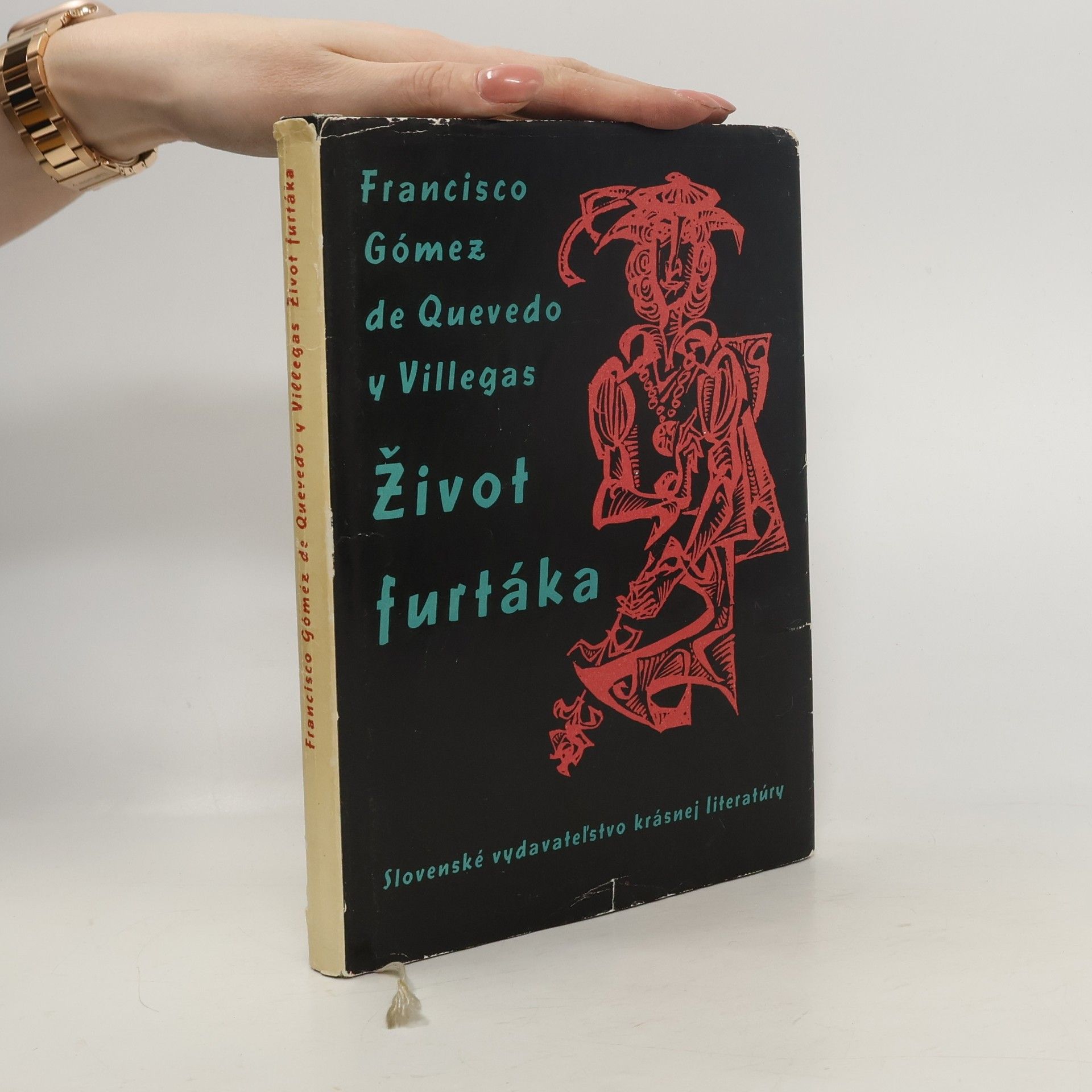
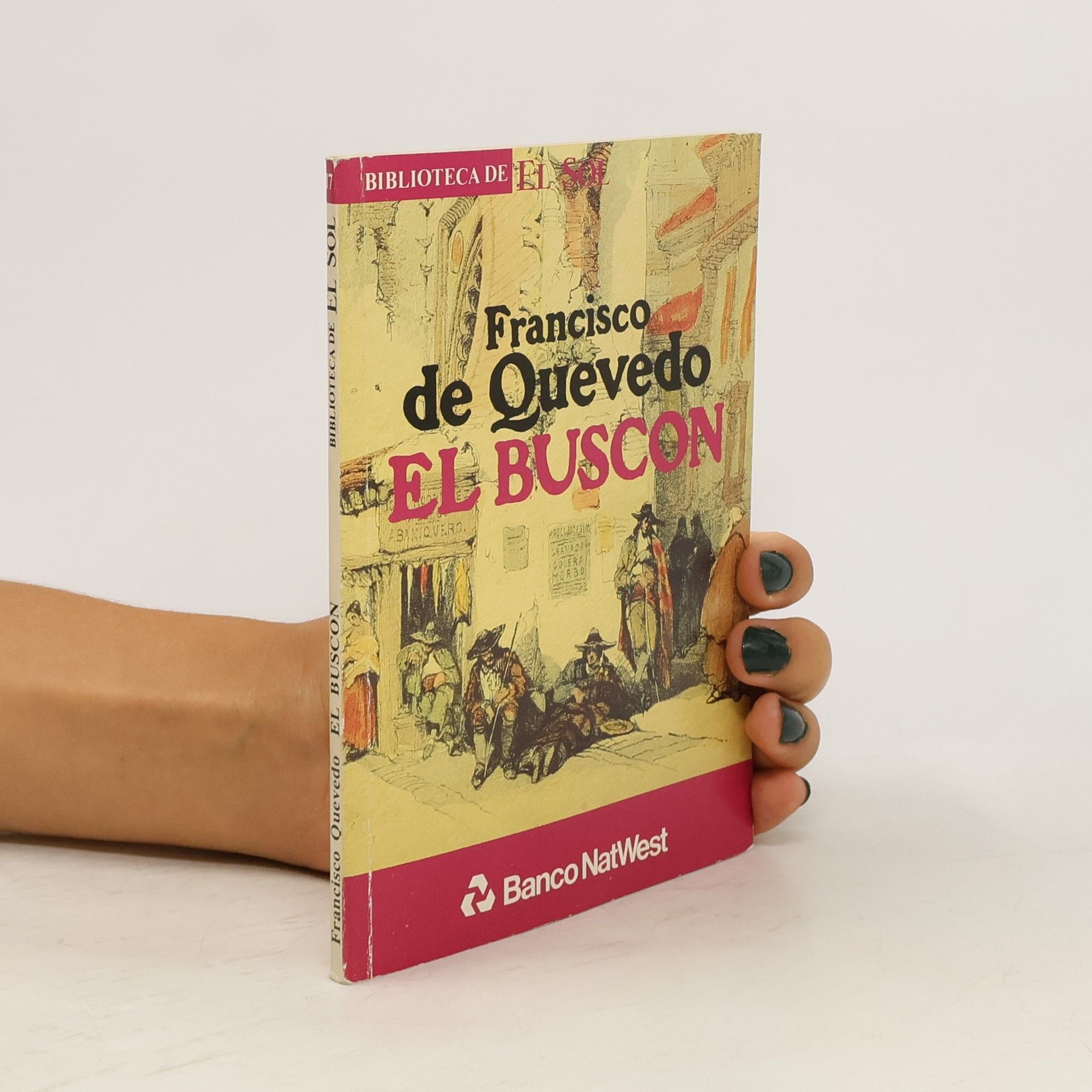
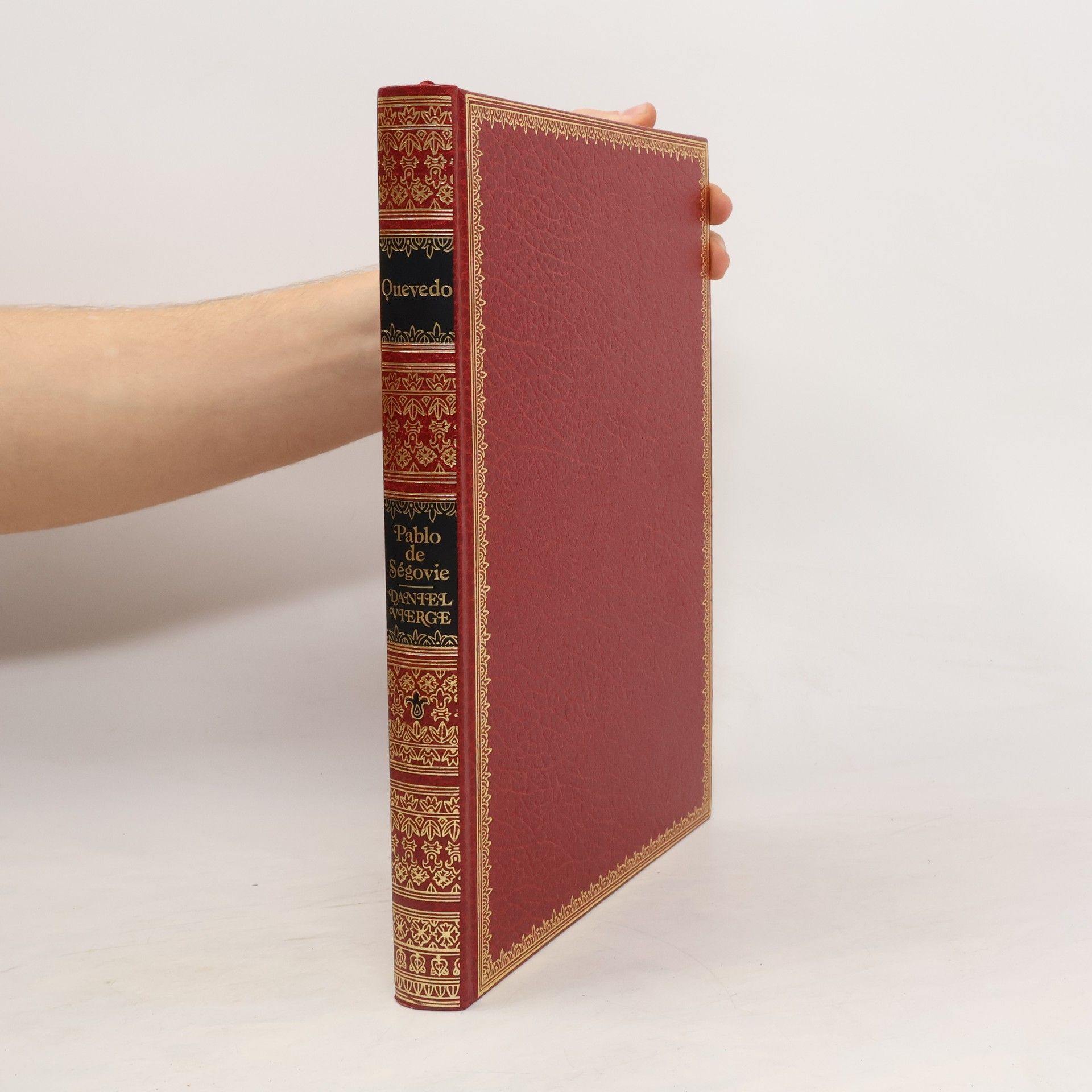

Biblioteca de El Sol - 7: El Buscón
- 96pages
- 4 heures de lecture
Antología poética
- 171pages
- 6 heures de lecture
Madrid. 18 cm. 171 p. Encuadernación en tapa blanda de editorial. Quevedo, Francisco de 1580-1645. Poesía. Introducción, selección y notas de Antonio Cabañas. Bibliografí p. [42]-43. Góngora y Argote, Luis de 1561-1627. Introducción, selección y notas, Federico Zaragoza. Zaragoza Alberich .. Este libro es de segunda mano y tiene o puede tener marcas y señales de su anterior propietario. 8474617197
Versos de Burlas
- 70pages
- 3 heures de lecture


